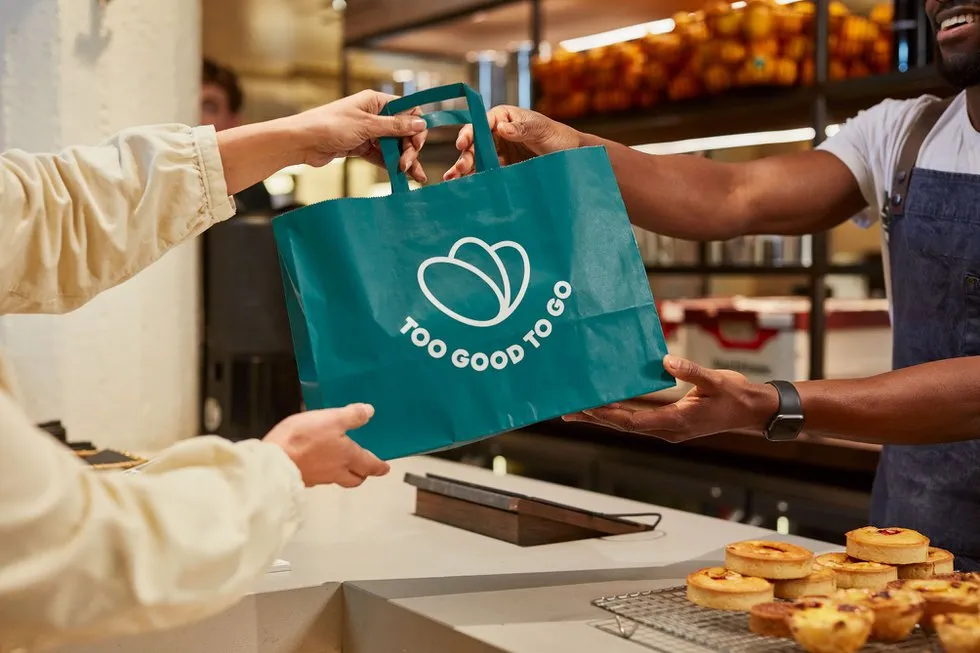Too Good To Go is a global initiative aimed at combating food waste in a smart and practical way. The city of Pittsburgh recently witnessed the launch of this app in what is considered a pivotal step toward addressing one of the most pressing issues: food waste, which accounts for about one-third of all food produced in the United States, according to the USDA. This waste not only squanders resources such as energy, water, and labor, but also contributes to increased greenhouse gas emissions all while food insecurity continues to rise in areas like Southwestern Pennsylvania.
The idea behind the app is simple yet effective: connecting restaurants, bakeries, grocery stores, and other shops that have surplus fresh food with consumers who are willing to purchase it at a lower price. According to Allie Denburg, U.S. strategy and planning lead at Too Good To Go, the initiative benefits both parties providing consumers with good-quality food at reduced prices while allowing businesses to recover part of the losses caused by unsold food.
The app works in an engaging way. Users can download the app, create a personal account, and browse what are called “surprise bags” available from nearby businesses. These bags may contain ready-made meals, baked goods, or fresh products — but the exact contents remain unknown until pickup, adding an element of surprise. Payment is made directly through the app, and users must pick up their bags within a specified time window using a confirmation code.
The cost for businesses to join is reasonable, with each business paying around $89 per year, in addition to $1.79 for each bag sold. Meanwhile, users get food worth up to three times or more than what they actually pay.
So far, around 50 businesses in Pittsburgh have joined the platform, including big names like Whole Foods, as well as local spots like Macaron Bar and Bagel Factory. The app’s team hopes to attract more bakeries, cafés, grocery chains, and independent shops as momentum builds in the area.
Too Good To Go is not new globally; it was first launched in Denmark in 2016, entered the U.S. market in 2020, and is now active in 19 countries. To date, it has saved more than 450 million meals, including 22 million in the U.S. alone. The app collaborates with major chains such as IKEA, Krispy Kreme, 7-Eleven, and Circle K, which speaks to its credibility and reach.
This initiative not only helps save food, but also promotes a culture of sustainability and social responsibility, giving consumers a chance to take part in reducing food waste in a simple and effective way.
